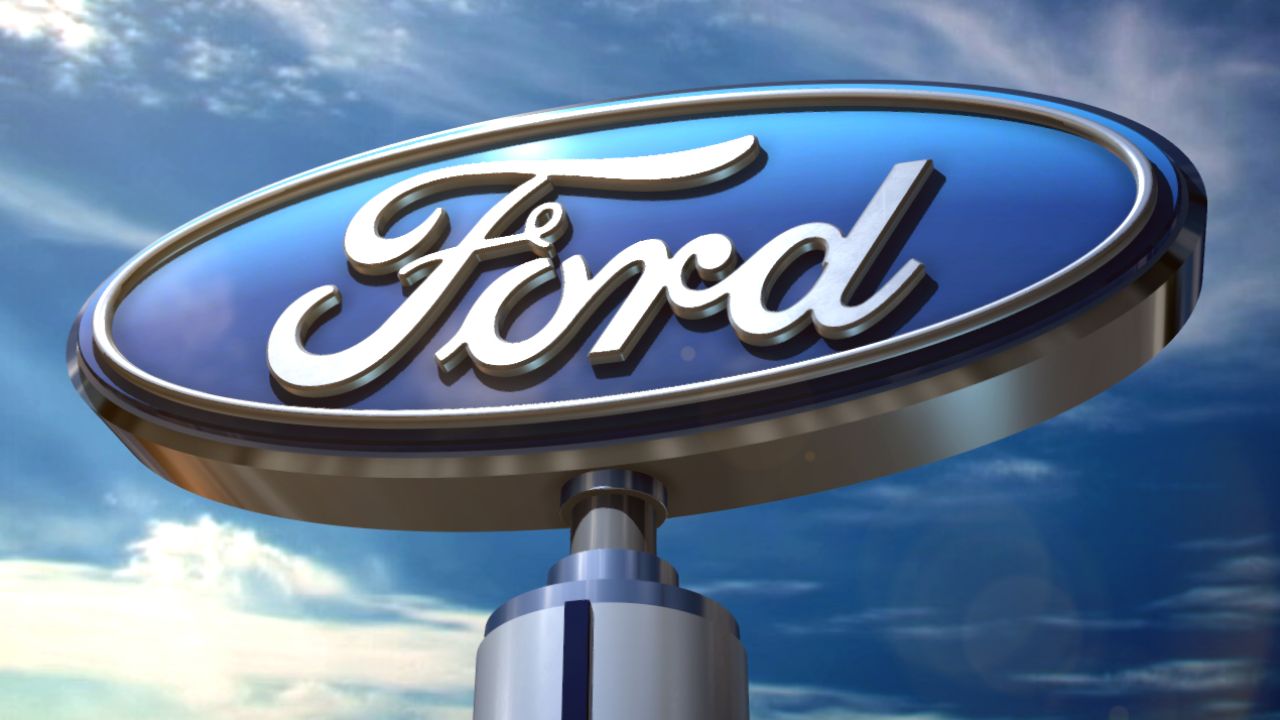A growing number of major corporations, including Microsoft and Pfizer, are voicing concerns about the U.S. Chamber of Commerce’s stance on climate change.
Despite efforts to influence the Chamber’s position, including by board members like Shell and Ford Motor, the divide persists. This discrepancy underscores broader tensions within the Chamber’s leadership and membership.
Boardroom Disagreements Intensify
Even companies with seats on the Chamber’s board have voiced climate-related disagreements with the trade association. Shell and Ford Motor, among others, have highlighted misalignment with their own climate goals.

The Chamber’s resistance to climate legislation and emissions disclosure rules has prompted criticism from within its membership, signalling a need for greater responsiveness to their concerns.
Investor Pressure Mounts
Shareholder resolutions urging corporations to assess their trade associations’ climate lobbying activities have gained traction. Investors are increasingly interested in climate-related governance, prompting companies to reassess their ties to the Chamber.
Pressure from investors and public scrutiny may further compel companies to take action on climate policy disagreements.
As corporate leaders prioritize climate action, the sector of corporate governance is evolving. Some companies opt to leave trade associations over climate policy disagreements, while others seek to influence change from within.

The rift between corporations and the Chamber underscores the need for transparent and aligned advocacy efforts in addressing climate change.
Chamber’s Response and Path Forward
The Chamber defends its positions, stating alignment with corporate donors’ interests and highlighting efforts to promote climate solutions. However, growing dissent among members suggests a need for greater responsiveness to their concerns.
The evolving sector of corporate climate action underscores the need for trade associations to adapt to evolving priorities.
Corporate leaders increasingly prioritize climate action, shaping the sector of advocacy efforts. Companies reassess their ties to trade associations like the Chamber, seeking alignment on climate policy.
The rift signals a broader shift toward sustainability in corporate governance, urging transparent and aligned advocacy efforts.
